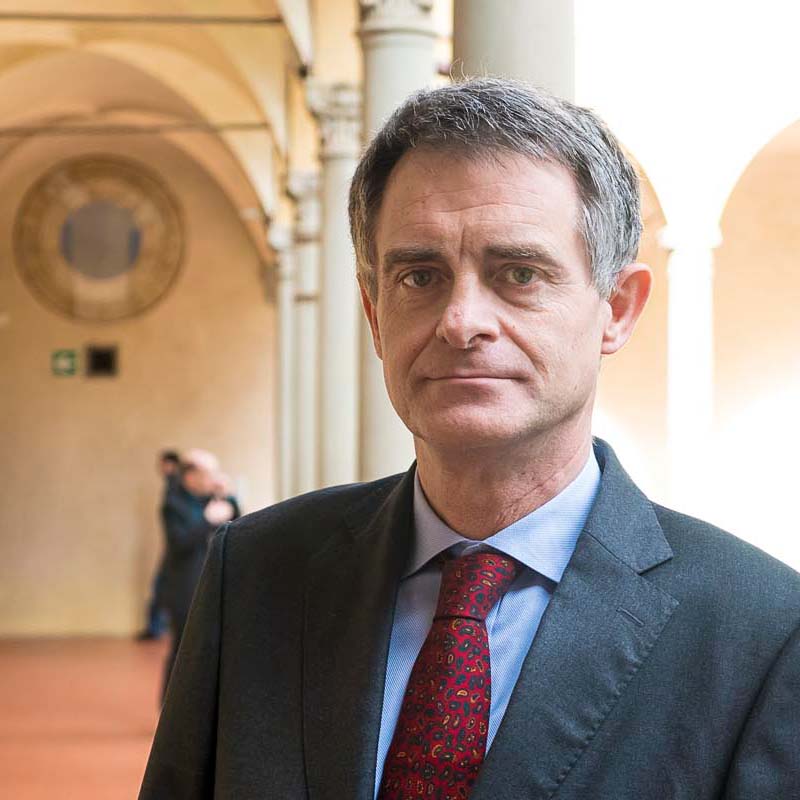
This episode of #FSRDebates will consider which role Contracts for Difference could play in the future market design and how they can be designed to ensure the active participation of contracted resources in the short-term markets.
The current electricity market design in the EU, reflecting the Electricity Target Model (ETM) developed in the late 2000’s and enshrined in the Third Energy Legislative Package, focuses on short-term markets to deliver an efficient market outcome in the short term and resource adequacy in the long term. In the forward timeframe, the aim of the ETM and of legislation has been more on the instruments to allocate the available cross-zonal interconnection capacity. It was in fact considered that short-term markets provide the necessary price signals to promote investments in the resources required to guarantee adequacy. In fact, the current legislation prescribes strict rules for the implementation of Capacity Remuneration Mechanism.
Other long-term instruments have been neglected by EU legislation. No provisions have been introduced to support the liquidity of long-term electricity (forward or futures) markets, with the results that liquidity of the markets for these instruments is limited to horizons of up to one year and only in a few jurisdictions, and it has been decreasing over the last year. Contracts for Difference (CfDs) have been used in some countries for supporting the development of renewable-based generation, but again there was no effort to harmonise their use.
However, the increasing penetration of variable renewable energy (VRE) sources in the electricity system is leading to more volatile prices, with the likely prospect of more frequent instances of low prices accompanied by infrequent price spikes, already brought the policy and regulatory debate to reconsider the role of long-term instruments and markets. The recent developments in the electricity markets, exacerbated by the impact on energy markets of the war of aggression in Ukraine, with much higher and more volatile prices than in the past years, apart from creating more risk for investors and market participants in the electricity sector, has created additional attention to the issue of whether the current market design should be complemented by other instruments, addressing the longer-term timeframe and supporting resource adequacy.
A much wider role of CfDs is now being considered. The challenge is to ensure that their design does not weaken the incentives for the contracted resources actively to participate in the short-term markets.
14.00 – 14.05 Introduction to the Debate
Alberto Pototschnig | Florence School of Regulation
14.05 – 14.15 The policy perspective
Paula Ceballos Coloma | Policy Officer, Internal Energy Market, DG ENER, European Commission
14.15 – 14.25 The role and design of Contracts for Difference: an academic perspective
Lena Kitzing | Head of Section, Wind and Energy Systems, DTU
Moderator: Ilaria Conti | Florence School of Regulation
14.25 – 14.50 Introductory remarks from the panellists
Juan José Alba Rios | Issue manager of market design, Eurelectric
Peter Claes | Vice-President, IFIEC
Clara Poletti | Chair of the Board of Regulators, ACER
14.50 – 14.55 Polls
14.55 – 15.20 Comments on the polls outcome and Q&A from the audience
Panellists
15.20 – 15.30 Concluding remarks
Ilaria Conti | Florence School of Regulation
Alberto Pototschnig | Florence School of Regulation


To meet, discuss and learn in the channel that suits you best.